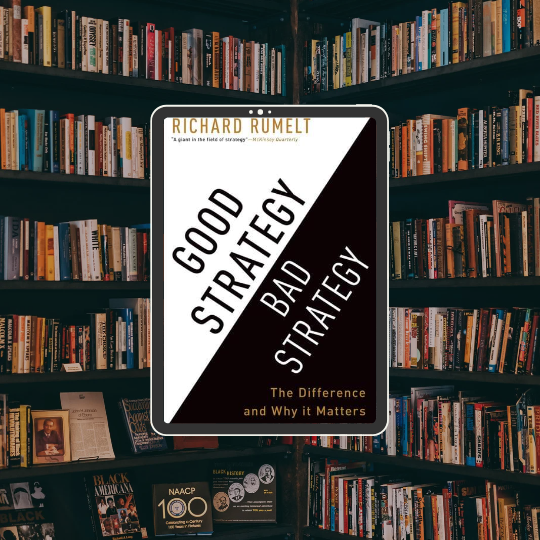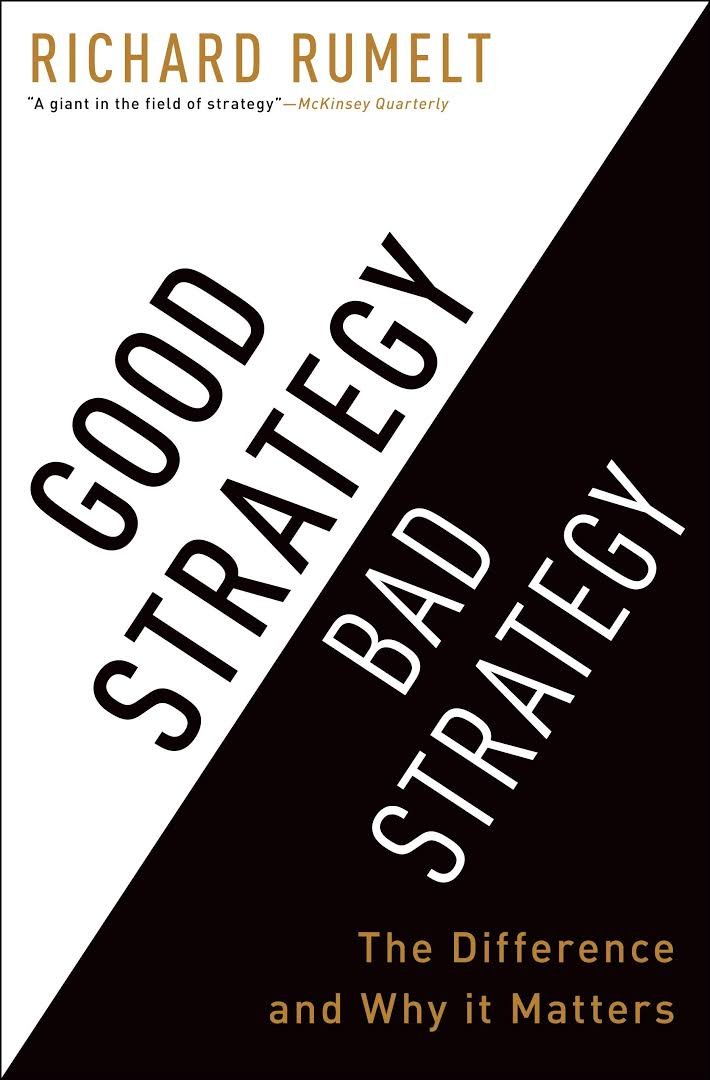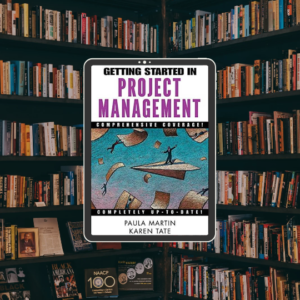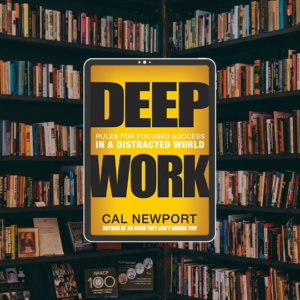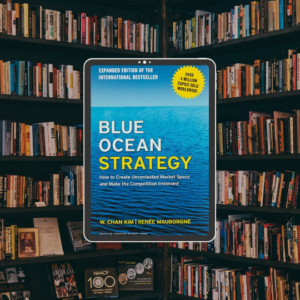Richard P. Rumelt’s book, Good Strategy, Bad Strategy: The Difference and Why It Matters, explores the concept of strategy in business and politics. He examines how it applies to the large-scale decisions of governments and corporations and the smaller-scale decisions that affect us all. Using case studies, interviews, and personal experiences, he shows how a good strategy can make a real difference in achieving success.
Rumelt begins by exploring what makes a good strategy in business or politics. He argues that a good strategy is based on understanding the underlying forces at play and using those forces to create a competitive advantage. This requires an analysis of the environment, competitors, customers, technology, and other factors. Furthermore, Rumelt believes good strategies should be implemented; presenting them confidently will help convince stakeholders that they are sound plans.
The book then focuses on the drawbacks of the wrong strategies. Rumelt explains how bad strategies fail to identify or address critical factors, which can lead to stagnation or failure. In contrast to good strategies based on understanding the underlying forces at play, bad strategies are often formulated without enough thought or consideration, which leads to shortsightedness and an inability to adjust when conditions change.
The final section of Good Strategy, Bad Strategy book, examines how strategic thinking can improve decision-making in business and politics. By considering all of the relevant factors and different perspectives and understanding the strengths and weaknesses of each approach, successful strategies can be developed that maximize opportunities while minimizing risk.
In conclusion, Good Strategy, Bad Strategy book provides valuable insight into how strategic thinking can be used to make better decisions in business and politics. Through case studies, interviews, and personal experiences, Richard P. Rumelt demonstrates how good strategies can provide competitive advantages over bad ones, making them essential for success in today’s world.


